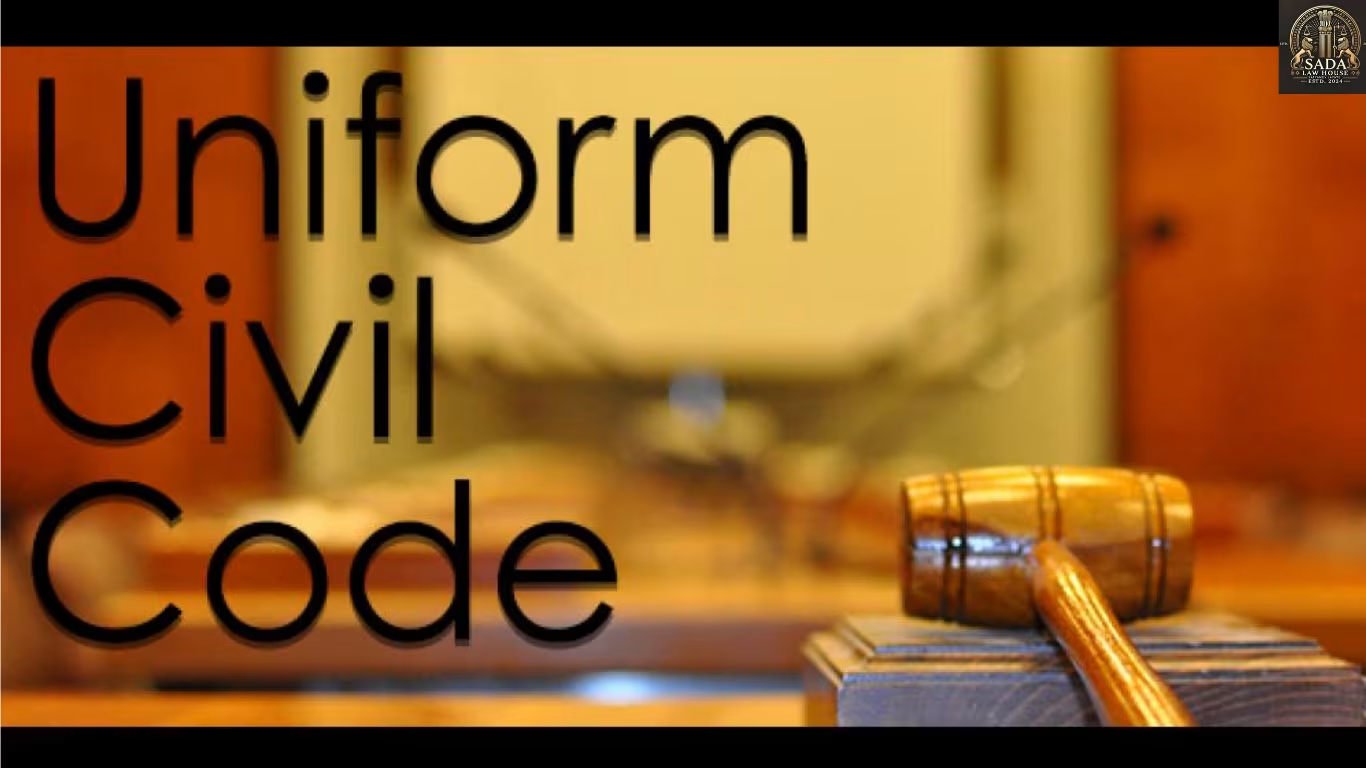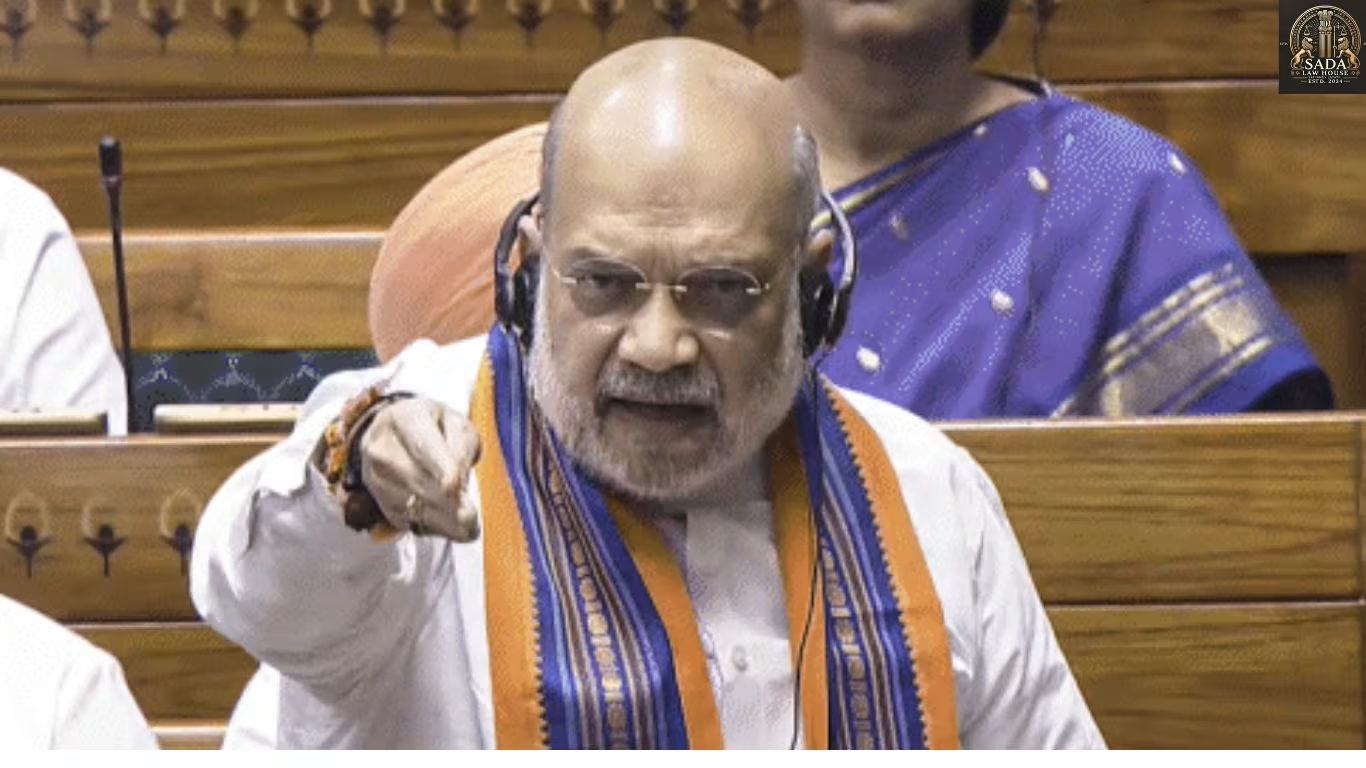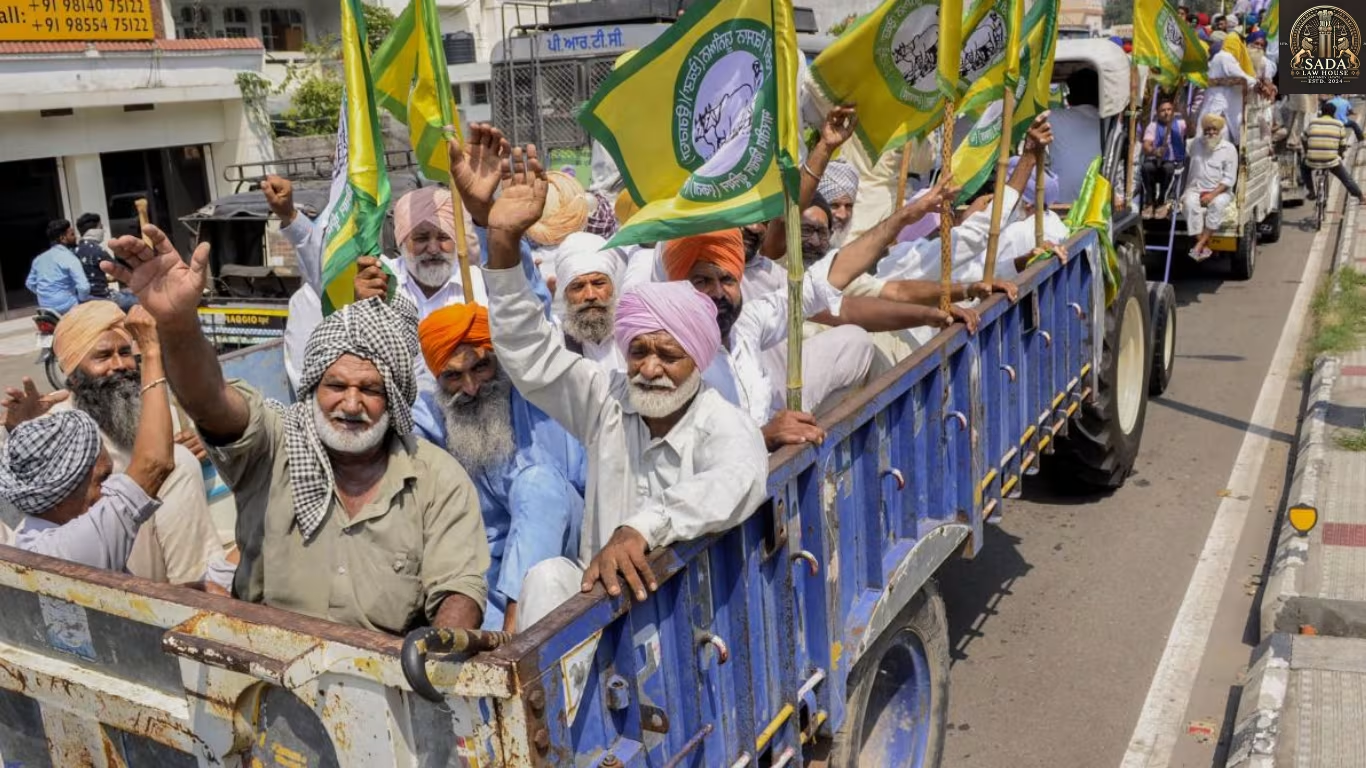Parliament Debate on Uniform Civil Code (UCC) Intensifies – 19 September 2025
- Shristi Singh
- 20 September 2025

Introduction
On 19 September 2025, the Uniform Civil Code (UCC) sparked intense debate in the Indian Parliament, with both Houses witnessing heated arguments, protests, and walkouts. The UCC seeks to establish a single legal framework for marriage, divorce, inheritance, and adoption, replacing religion-based personal laws. The debate brought forth sharp divisions over gender equality, secularism, minority rights, and federalism.
Background
UCC is rooted in Article 44 of the Directive Principles of State Policy (DPSP), which encourages the State to secure a uniform civil code across India.
Successive governments avoided full implementation due to fears of social unrest and minority opposition.
Major flashpoints included the Shah Bano case (1985), the triple talaq judgment (2017), and multiple Supreme Court observations urging reform.
In July 2025, the Law Commission recommended a phased approach, leading to the government’s discussion paper presented in Parliament on 19 September 2025.
Key Developments
Lok Sabha: Ruling party MPs strongly supported UCC, citing equality and justice. Opposition members staged protests and walkouts.
Rajya Sabha: Regional and independent MPs highlighted federal concerns and called for state-level consultation.
The debate saw interruptions, slogans, and adjournments, reflecting the divisive nature of the issue.
Issues Raised
Gender Equality vs. Religious Freedom – Equality for women vs. autonomy of personal laws.
Secularism – Whether UCC strengthens or undermines secularism.
Federalism – Centre’s authority vs. states’ rights.
Minority Rights – Concerns over cultural imposition and majoritarian dominance.
Arguments in Favor (Ruling Party & Supporters)
Equality Before Law (Article 14): Personal laws create inequality.
Gender Justice: Women across religions face discrimination in family laws.
National Integration: One law for all promotes unity.
Judicial Precedents: Shah Bano (1985), Sarla Mudgal (1995) emphasized UCC need.
Global Practice: Many secular nations follow uniform family laws.
Arguments Against (Opposition & Minority Leaders)
Religious Freedom (Article 25): UCC interferes with religious practices.
Not True Secularism: Imposes uniformity instead of respecting diversity.
Political Agenda: Seen as a tool for majoritarian politics.
Practical Challenges: India’s diversity makes uniformity difficult.
Alternative Path: Reform personal laws gradually instead of imposing UCC.
Judicial Angle
The Supreme Court has repeatedly nudged the government toward UCC but acknowledged its sensitivity.
Courts have clarified that Directive Principles (Art. 44) cannot override Fundamental Rights.
Several pending petitions seek clarity on whether personal laws fall under Article 13 constitutional review.
Reactions Outside Parliament
Civil society & women’s groups: Mostly supportive, citing gender equality.
Minority religious bodies: Strong opposition, warning of unrest.
Legal experts: Divided—some call UCC “progressive,” others “politically risky.”
Media: Polarized coverage, reflecting ideological divides.
Current Status (19 Sept 2025)
The discussion paper has been tabled, but no final decision was reached.
The debate will continue in future sessions, with legal scrutiny and political mobilization shaping the outcome.
Conclusion
The 19 September 2025 debate marks a turning point in India’s legal and political discourse. While the government argues UCC ensures equality and justice, opponents fear it undermines pluralism and religious freedom. If implemented with sensitivity, UCC could be a progressive reform advancing women’s rights and legal uniformity. But if rushed or politically exploited, it risks deepening social divides. The coming months will decide whether UCC becomes a step toward reform or a source of conflict in India’s democracy.





